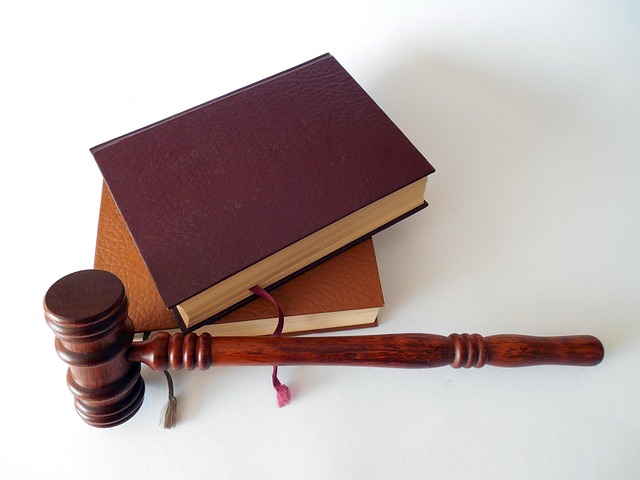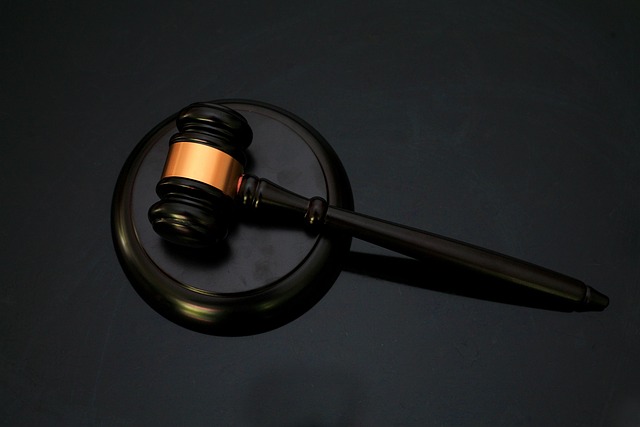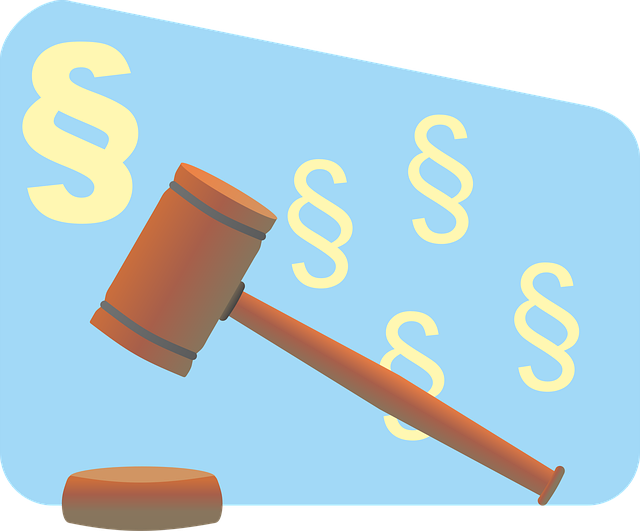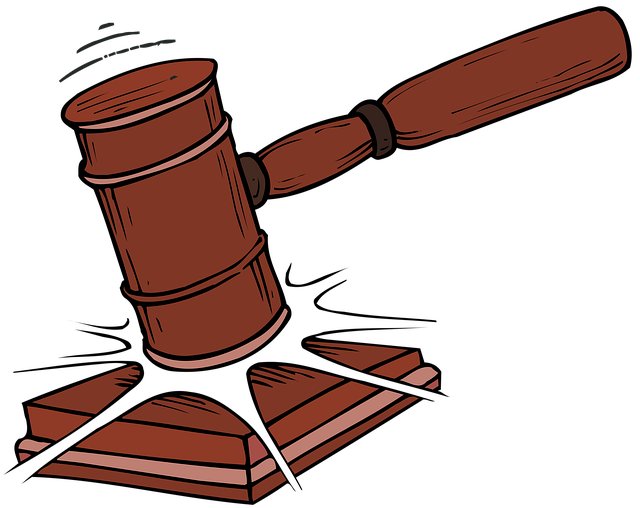Public corruption, involving bribery, extortion, and fraud, has severe legal and public trust implications. Mediation Strategies for Property Disagreements offer a vital alternative to litigation in such cases. By addressing property disputes underlying corruption, mediation can restore trust, enhance economic growth, and combat corruption's adverse effects on societies and economies. This cooperative approach facilitates negotiations among government agencies, victims, and accused individuals, leading to efficient resolutions without the costs and length of traditional litigation.
“Public corruption charges pose significant challenges to societies, with far-reaching implications for both governance and economic development. This article delves into the intricate world of public corruption, exploring its legal definitions and societal impacts. We analyze how these charges manifest in property disagreements, highlighting the role of mediation as a powerful tool for resolving asset forfeiture disputes. By examining mediation strategies, we offer insights into fostering transparency, accountability, and just resolutions in cases of public corruption.”
- Understanding Public Corruption Charges: Legal Definition and Implications
- The Impact of Corruption on Society and Economy
- Common Property Disagreements in Corruption Cases
- Mediation as a Tool for Resolving Asset Forfeiture Disputes
Understanding Public Corruption Charges: Legal Definition and Implications

Public corruption charges refer to allegations of illicit behavior by public officials or those holding positions of power within government entities. It involves the misuse of authority for personal gain, often including bribery, extortion, fraud, and abuse of public funds. Legally, public corruption is defined as any act that undermines the integrity of a public servant’s office for private benefit. These charges carry significant implications, as they erode public trust in governance and can lead to severe legal consequences for the accused.
Understanding these charges is crucial for anyone involved in or facing such allegations, especially when considering mediation strategies for property disagreements. A robust defense often hinges on recognizing the specific elements of corruption and their legal definitions. For his clients facing these challenges, an experienced legal team with an unprecedented track record in winning challenging defense verdicts can be instrumental. This expertise ensures that every aspect of the case is scrutinized, providing a comprehensive defense strategy tailored to mitigate potential consequences.
The Impact of Corruption on Society and Economy
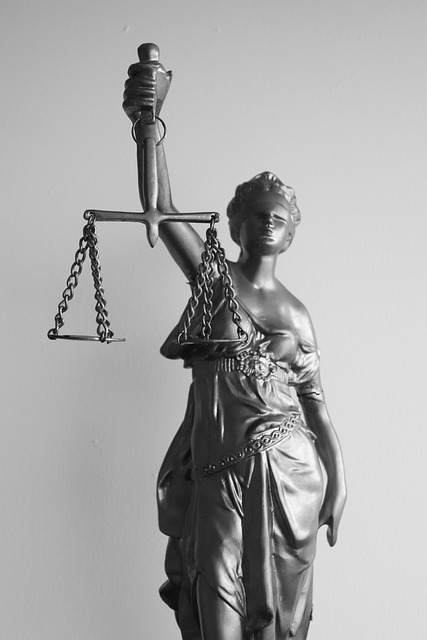
Corruption, a silent yet potent force, leaves its mark on society and economies worldwide. When public officials abuse their power for personal gain, it erodes trust in institutions and undermines the very fabric of democracy. The effects are far-reaching, impacting everything from governance to economic growth. Across the country, white-collar and economic crimes, often veiled as corruption, hinder progress and create an uneven playing field. This not only stifles entrepreneurship but also discourages foreign investment, hampering overall development.
The impact of such activities is profound, leading to increased inequality, reduced public services, and a decline in the quality of life. Mediation strategies for property disagreements, while not directly tackling corruption, offer a glimpse into conflict resolution methods that can mitigate its effects. By promoting peaceful dispute settlement, these strategies can help restore trust and foster an environment conducive to economic growth and social harmony, ultimately achieving extraordinary results in the fight against corruption.
Common Property Disagreements in Corruption Cases

In many public corruption cases, a significant aspect that often goes overlooked is the underlying property disagreements that can complicate investigations and trials. These disputes arise when corrupt officials misuse their positions to gain illicit advantages, leading to ownership issues or misappropriation of assets. Common scenarios include unauthorized land seizures, fraudulent real estate deals, or the diversion of funds intended for public projects towards personal gains. When these cases enter the legal arena, they can pose unique challenges due to the intricate nature of proving intent and tracing illicit finances.
Mediation strategies for property disagreements play a crucial role in addressing these complexities, especially in the context of general criminal defense for white-collar and economic crimes. By employing alternative dispute resolution methods, such as mediation, legal professionals can facilitate negotiations between involved parties, including government agencies, victims, and accused individuals. This approach encourages cooperative problem-solving, allowing for more efficient resolutions without the lengthy and costly nature of traditional litigation. Effective mediation ensures that property disputes are resolved fairly, providing a foundation for restoring trust in public systems while offering tailored solutions for each case.
Mediation as a Tool for Resolving Asset Forfeiture Disputes

In the complex landscape of public corruption cases, asset forfeiture is a significant aspect that can lead to intense legal battles. Mediation emerges as a powerful tool in resolving these disputes, offering an alternative path to lengthy and costly litigation. By employing mediation strategies for property disagreements, legal professionals can navigate intricate asset forfeiture issues effectively. This approach allows for open communication between all parties involved, fostering an environment conducive to mutually agreeable solutions.
Through mediation, attorneys can present compelling arguments, challenge the forfeiture claims, and work towards achieving extraordinary results. Many cases across the country have witnessed successful winning challenging defense verdicts through this method. Mediation provides a strategic platform to address concerns, negotiate terms, and ultimately find resolutions that meet the interests of all stakeholders involved in public corruption investigations.
Public corruption charges significantly impact society, hindering economic growth and societal trust. Understanding these charges and their legal implications is crucial. While prosecution plays a vital role, mediation emerges as a powerful tool for resolving asset forfeiture disputes stemming from corruption cases. By employing effective mediation strategies for property disagreements, communities can foster healing, promote restitution, and navigate the complex landscape of recovering illicit assets, ultimately strengthening democratic institutions and ensuring a more equitable society.
